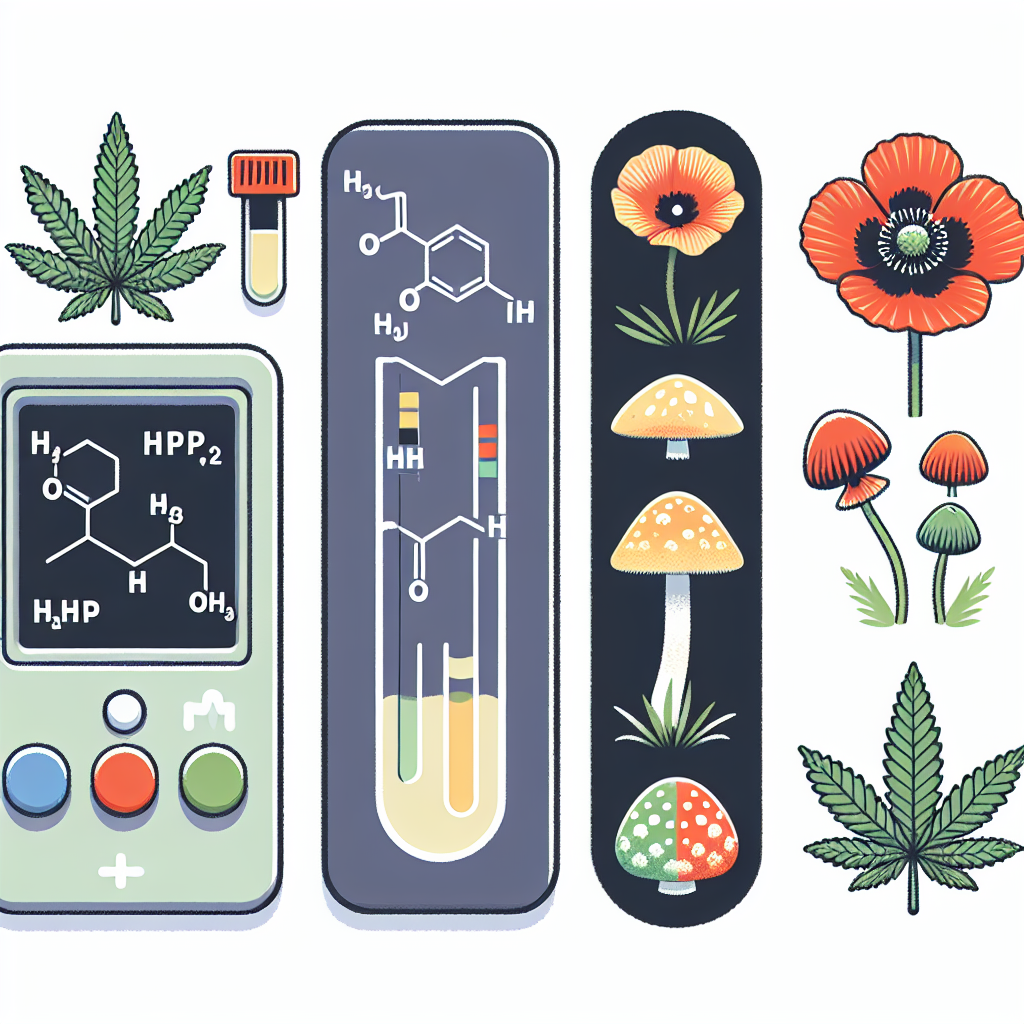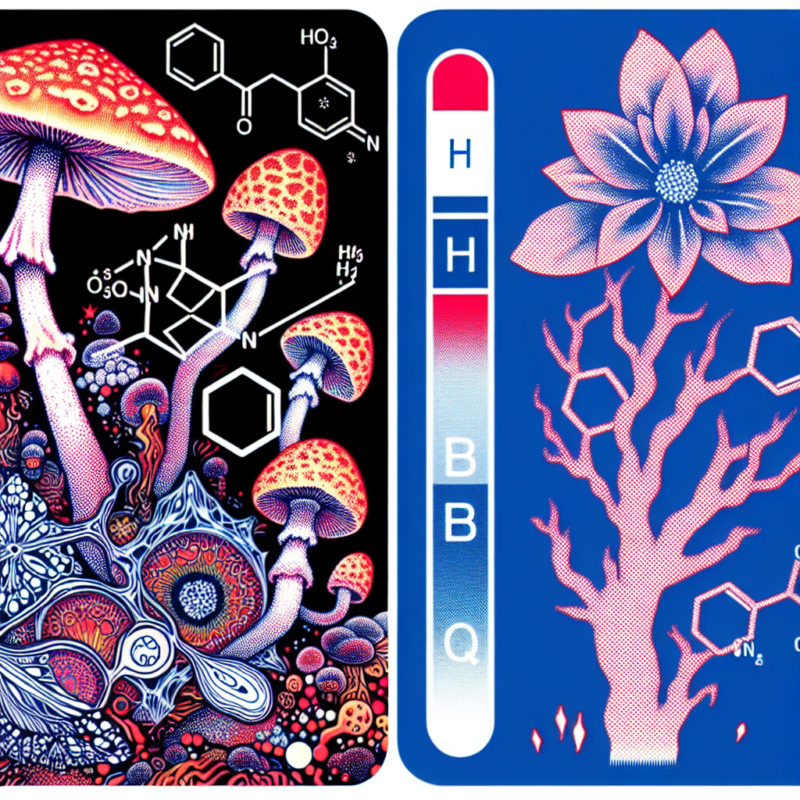Blog
Does magic mushrooms show on a drug test
Potential Effects of Magic Mushrooms on Drug Test Results

Magic mushrooms, also known as psilocybin mushrooms, have been used for centuries for their hallucinogenic effects. However, in recent years, there has been a growing concern about whether these mushrooms can show up on a drug test. This article will explore the potential effects of magic mushrooms on drug test results.
First and foremost, it is important to understand how drug tests work. Most drug tests, whether they are urine, blood, or hair tests, are designed to detect specific substances in the body. These tests are typically looking for common drugs such as marijuana, cocaine, amphetamines, and opioids. However, magic mushrooms contain a different psychoactive compound called psilocybin, which is not typically included in standard drug tests.
That being said, some drug tests may be able to detect psilocybin if specifically looking for it. For example, some specialized drug tests may be able to detect psilocybin in urine or blood samples. However, these tests are not commonly used in routine drug screenings and are typically only used in specific circumstances, such as in forensic investigations or clinical research studies.
It is also worth noting that the body metabolizes psilocybin relatively quickly. After ingestion, psilocybin is converted into psilocin, which is the compound responsible for the hallucinogenic effects of magic mushrooms. Psilocin has a short half-life in the body, meaning that it is quickly broken down and eliminated from the system. This rapid metabolism may make it more difficult to detect psilocybin in drug tests compared to other drugs with longer half-lives.
Furthermore, the legality of magic mushrooms varies by location. In some places, such as the Netherlands and parts of the United States, magic mushrooms are legal or decriminalized for personal use. In these areas, drug tests may not specifically test for psilocybin since it is not considered a controlled substance. However, in places where magic mushrooms are illegal, such as most of the United States, drug tests may be more likely to include psilocybin in their screening panels.
In conclusion, while it is possible for magic mushrooms to show up on a drug test, it is not common in routine screenings. The rapid metabolism of psilocybin and the lack of inclusion in standard drug test panels make it less likely to be detected compared to other drugs. However, in certain circumstances or locations where magic mushrooms are illegal, it is possible for psilocybin to be detected in a drug test. As always, it is important to be aware of the laws and regulations regarding magic mushrooms in your area and to use them responsibly.
How Long Magic Mushrooms Can Be Detected in a Drug Test
Magic mushrooms, also known as psilocybin mushrooms, have been used for centuries for their hallucinogenic effects. However, in recent years, there has been a growing interest in the potential therapeutic benefits of these mushrooms for mental health conditions such as depression and anxiety. As a result, more people are curious about how long magic mushrooms can be detected in a drug test.
When it comes to drug testing, most standard tests do not screen for psilocybin, the active compound in magic mushrooms. This is because psilocybin is not a commonly abused drug and is not typically included in standard drug panels. However, there are specialized tests that can detect psilocybin in the system, such as gas chromatography-mass spectrometry (GC-MS) or liquid chromatography-tandem mass spectrometry (LC-MS/MS).
The detection window for magic mushrooms can vary depending on several factors, including the individual’s metabolism, the amount of mushrooms consumed, and the frequency of use. In general, psilocybin can be detected in urine for up to 24 hours after ingestion. However, in some cases, it may be detectable for up to 3 days.
It is important to note that the detection window for magic mushrooms in other types of drug tests, such as blood or hair tests, is not well-established. Psilocybin is rapidly metabolized in the body, so it is unlikely to be detectable in blood or hair for an extended period of time. However, more research is needed to determine the exact detection window for these types of tests.
If you are concerned about being tested for magic mushrooms, it is important to be aware of the potential risks. Using magic mushrooms can have a range of effects on the body and mind, including hallucinations, altered perception of time and space, and changes in mood. These effects can be unpredictable and may vary from person to person.
In addition, using magic mushrooms can also have legal consequences. Psilocybin is classified as a Schedule I controlled substance in the United States, meaning that it is illegal to possess, distribute, or use it for any purpose. If you are caught with magic mushrooms in your system, you could face criminal charges and potential jail time.
If you are considering using magic mushrooms for therapeutic purposes, it is important to do so under the guidance of a qualified healthcare professional. They can help you understand the potential risks and benefits of using magic mushrooms and can provide support throughout the process.
In conclusion, magic mushrooms can be detected in a drug test, but the detection window is relatively short compared to other drugs. Psilocybin is not typically included in standard drug panels, but specialized tests can detect it in the system. If you are concerned about being tested for magic mushrooms, it is important to be aware of the potential risks and legal consequences. Using magic mushrooms should be done under the guidance of a healthcare professional to ensure safety and effectiveness.
